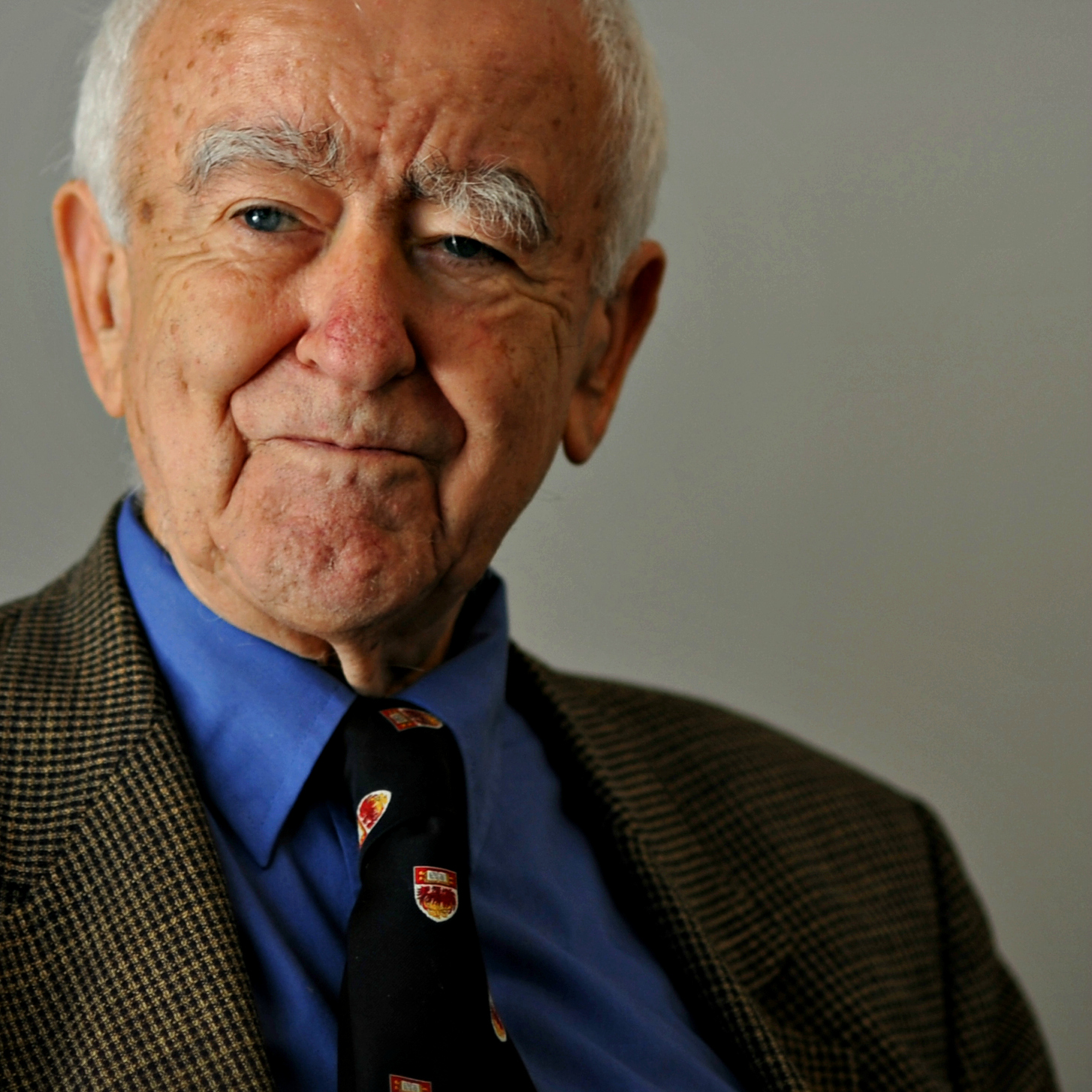In In re Anastaplo, 366 U.S. 82 (1961), the Supreme Court held that a plaintiff’s exclusion from the bar of the state of Illinois based on his refusal to respond to questions about his membership in the Communist Party did not violate his First Amendment protections of freedom of speech and association.
Anastaplo refused to answer on principle when asked if he were a Communist
The dispute arose from the state’s Committee on Character and Fitness’s 1954 decision to deny George Anastaplo, an instructor and researcher at the University of Chicago, admission to the bar based on his refusal to respond when asked if he was a member of the Communist Party. Anastaplo’s refusal was not based on his protection against self-incrimination but on his belief that the committee had no authority to ask such questions given the First Amendment protections of the freedom of speech and of association.
Ironically, Anastaplo’s hearing before the committee was triggered not by any avowal of communist ideology but by his strong belief in the language of the Declaration of Independence. The state required applicants to the bar to file a personal history in response to a questionnaire that included the directive to “State what you consider to be the principles underlying the Constitution of the United States.” In his response, Anastaplo, who had graduated from law school and passed the bar exam, cited the doctrine of separation of powers, the doctrine of inalienable rights, and the principle that people retain the right to alter or to abolish the government if it becomes destructive of the inalienable rights that it was instituted to secure. It was the last response that concerned the state committee.
Court used balancing test to uphold Anastaplo’s exclusion from the bar
The Court had developed several tests in cases involving conflicts between the policies of state and local government and First Amendment freedoms. One such test was called the “balancing test” or “ad hoc balancing test.” This test seeks to balance legitimate governmental interests with individual liberty and is associated with the jurisprudence of Justices Felix Frankfurter and John Marshall Harlan II. In Anastaplo, Harlan applied the balancing test in his opinion for the Court and affirmed the finding of the Illinois Supreme Court that had upheld Anastaplo’s exclusion from the bar.
In his dissenting opinion (joined by Chief Justice Warren Burger and Justices William O. Douglas and William J. Brennan Jr.), Justice Hugo L. Black condemned the balancing test, arguing that it meant in essence that First Amendment rights “can be repressed whenever there is sufficient government interest in doing so.” Black’s reasoning in his dissent reflects a turn by the Court toward a more “absolutist” understanding of the First Amendment freedoms.
George Anastaplo went on to a distinguished academic career, primarily as a law professor at Loyola University in Chicago and author of expositions on First Amendment freedoms. He died in 2014.
This article was originally published in 2009. Paul J. Cornish is Associate Professor of Political Science at Grand Valley State University. He has published articles on the political thought of John Adams, and on the concepts of natural rights, toleration, and constitutional government in the Catholic natural law tradition

